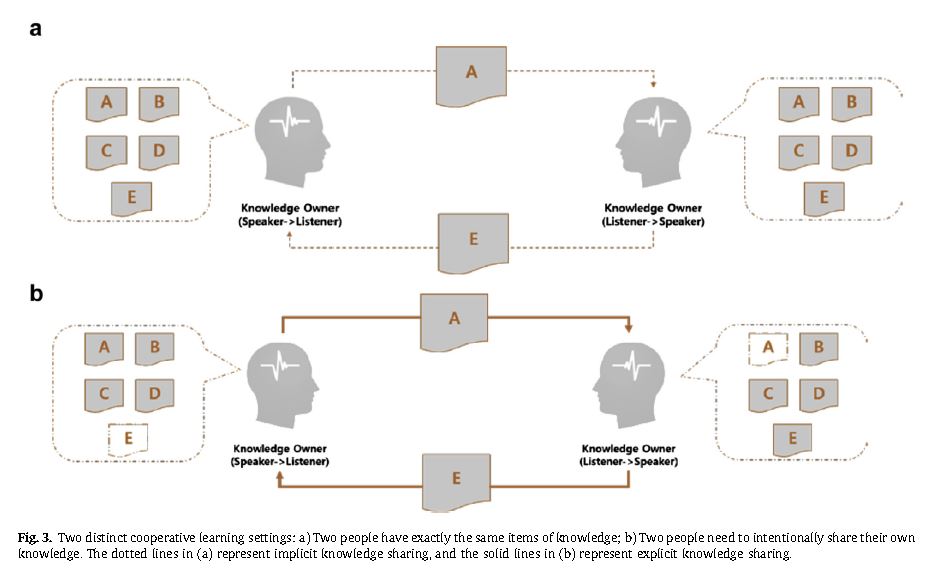Cooperation begins: Encouraging critical thinking skills through cooperative reciprocity using a mobile learning game
Computers & Education (2016)
Hyunjeong Lee, David Parsons, Gyuhyun Kwon, Jieun Kim, Krassie Petrova, Eunju Jeong & Hokyoung Ryu

|
Abstract: Mobile learning has the advantage of being able to be used within and between contexts and can also be seamlessly integrated into broader learning experiences that include other forms of learning. Such experiences can assist in the development of cognitive and collaborative skills by encouraging learners to work together to solve problems, see others' perspectives and cooperatively find creative and critical solutions. This paper describes a serious mobile learning game designed to allow participants to play the role of business consultants to an organisation facing some serious challenges. It uses mixed reality resources to lead the players through a realistic scenario, providing them with physical, cognitive and collaborative challenges. Following mobile learning, the learners demonstrate their critical insights into the learning content by creating a consulting presentation in the classroom. Our study contrasts group cooperation where each learner is given asymmetric learning contents, with a cooperative group with two single learners given symmetric (identical) learning contents.We present the results of an experiment designed to measure the effectiveness of asymmetric learning content in fostering cooperative critical thinking, as examined by content and conversation analysis whilst preparing the consulting presentation. We found that the implicit cooperation condition e cooperative reciprocity, triggered by the asymmetric learning contents - was important for maximising critical thinking skills.
|
| Our first research goal was to see how critical thinking skills developed in cooperative mobile learning groups. Additionally, the second research goal revolved around how deficient knowledge motivates the cooperative learning processes. To examine this we constructed two cooperative learning groups, each with different game playing modes, along with a third (control) group of solo learners. When evaluating their critical thinking skills, as revealed by conversation analysis, therewere significant differences among the three groups.We found that the solo learners usually identified only simple organisational structures such as single links with other departments, using ideas or proposing solutions based on the given learning materials. Further, the cooperative groups where the experimental condition encouraged cooperative reciprocity performed better than the cooperative groups operating without this condition. This was particularly evident in our analysis of their ability to link ideas. Of course, some existing learning activities (e.g., group projects as adopted in many universities) are able to firmly build upon this cognitive skill. However, it has not been extensively studied in contextual, mixed-reality mobile learning, where the learning design is intended to increase engagement and motivation in the process of cooperative learning. In conclusion, it can be seen that cooperative knowledge construction requires that learners recognise the value of the knowledge to be shared, both to share their own knowledge with others, and to gain knowledge in return. The key to success in interactive cooperative learning is thus that self-interest should quickly align with collective interest. Therefore learning design, such as the mobile and blended approach described in this article, must consider how this alignment can be created (for instance, our learning design - a mobile learning game blended with subsequent classroom activities - sufficiently motivated the learners to align with a collective interest). Knowledge asymmetry that allows more communication and cooperation might be a way forward in designing such cooperative mobile learning games. |
| Link to read more, http://dx.doi.org/10.1016/j.compedu.2016.03.006 |
|